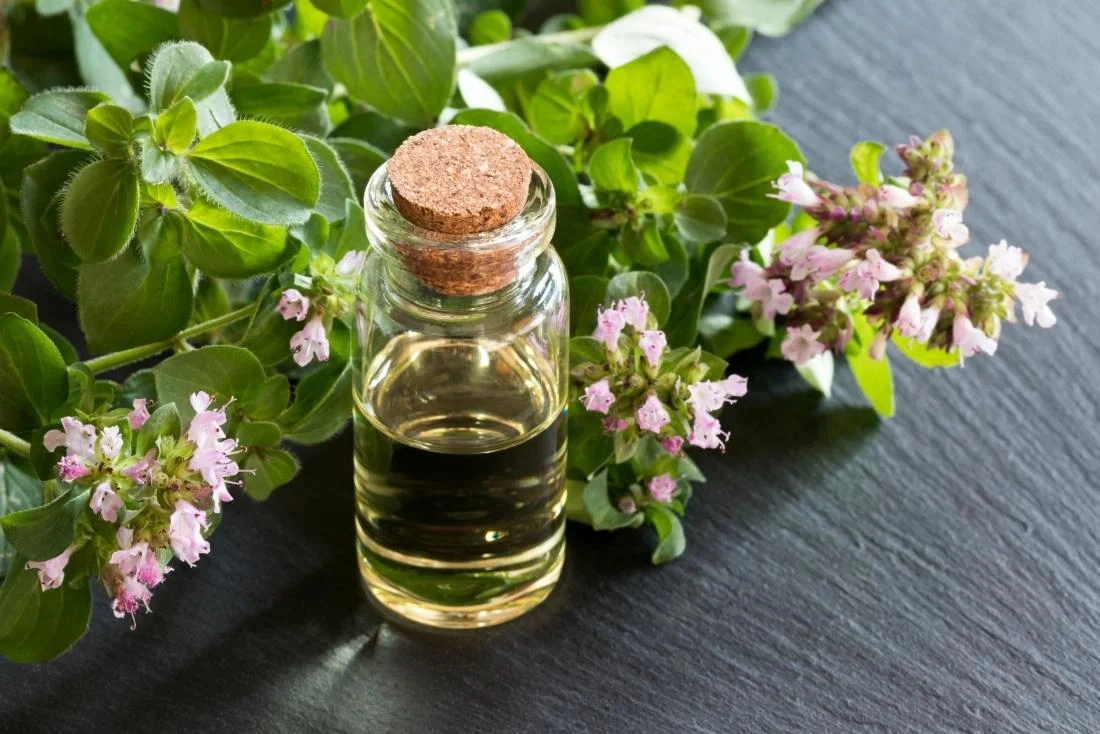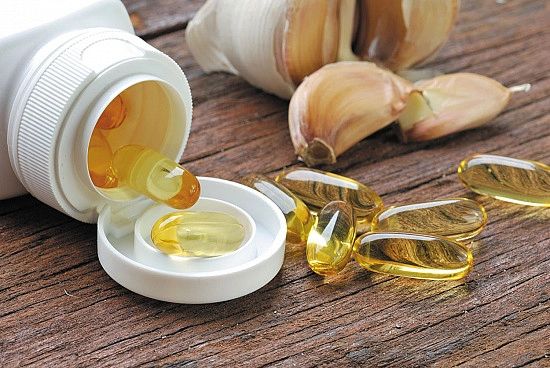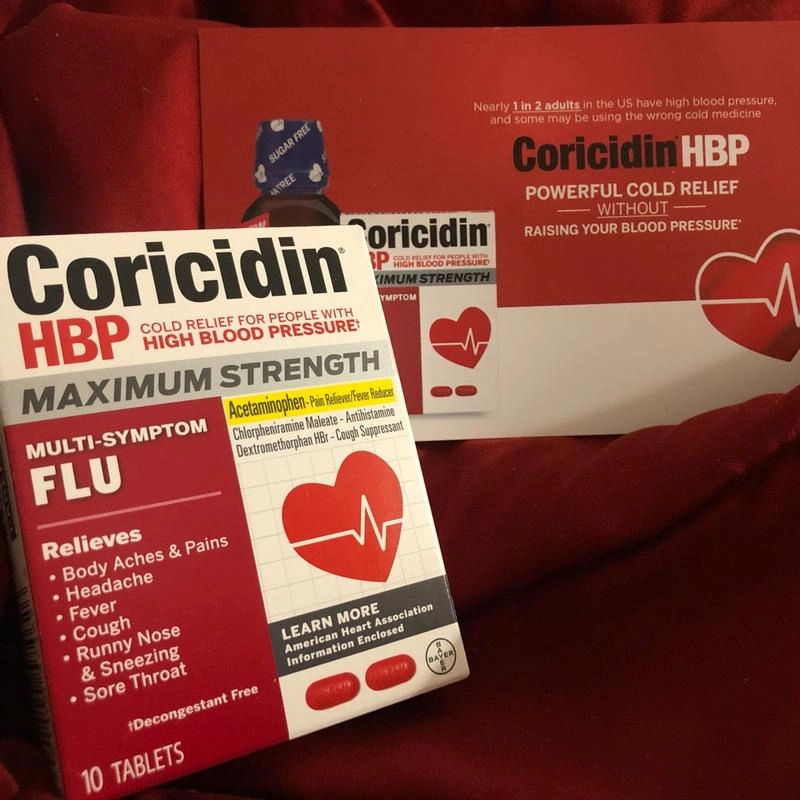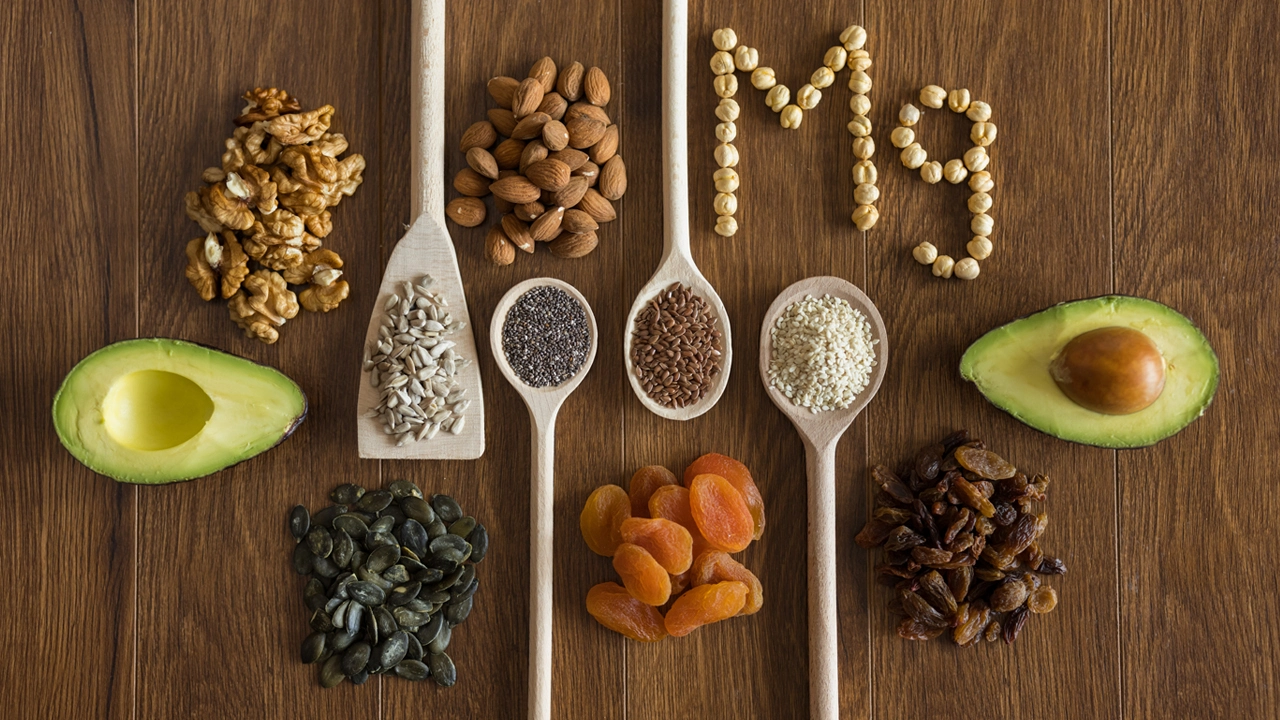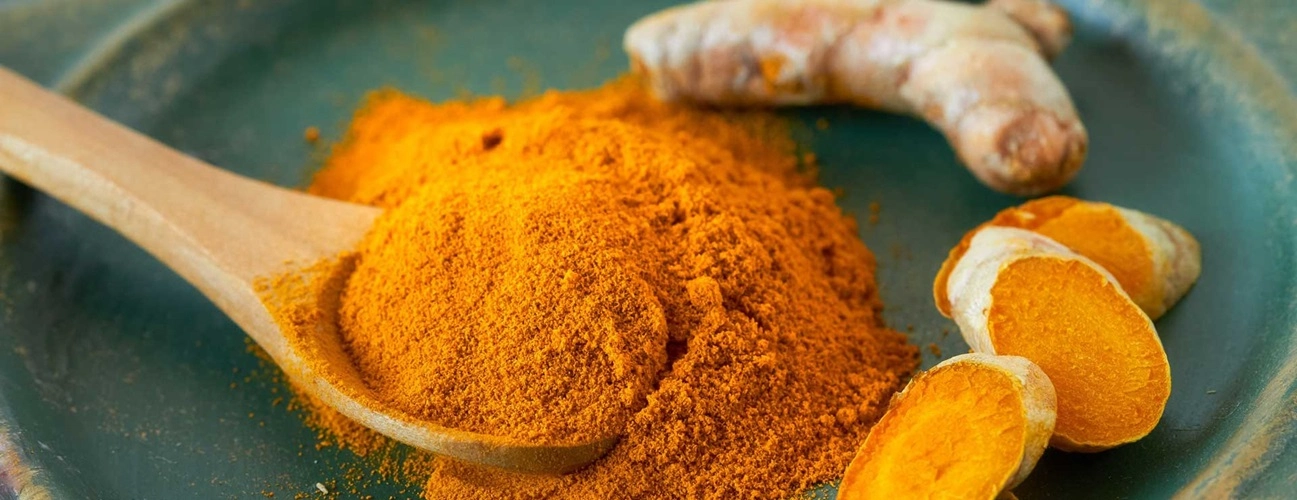Nutrition for Healthy Kidneys: Once you reach the kidneys, they are one of the most important organ systems in the body. Just as with the heart or liver, the kidneys need to be cared for, and nutrition is a key element in maintaining their function. Now more than ever, with rising kidney-related diseases including chronic kidney disease (CKD), diabetes, and hypertension, the understanding of the nutritional needs of healthy kidneys is imperative.

So this blog post elaborates on the importance of nutrition in kidney health, including the major nutrients, foods that should be eaten, an anti-diet for those with high risks, and overall lifestyle recommendations.
Why Kidney Health Matters
A kidney has about a million tiny filters called nephrons. These nephron units filter waste, extra water, and toxins from the blood and excrete them as urine.
When the kidneys become damaged or overburdened, these functions become impaired, resulting in health problems that can range from mild electrolyte disturbances to serious conditions such as end-stage renal disease (ESRD).
Some of the most common causes of kidney damage include:
- High blood pressure
- Diabetes
- Infections
- Autoimmune diseases
Nutrition can be a strong preventive medicine and can promote the health of the kidneys despite the presence of risk factors.
Key Nutritional Guidelines for Healthy Renal Function
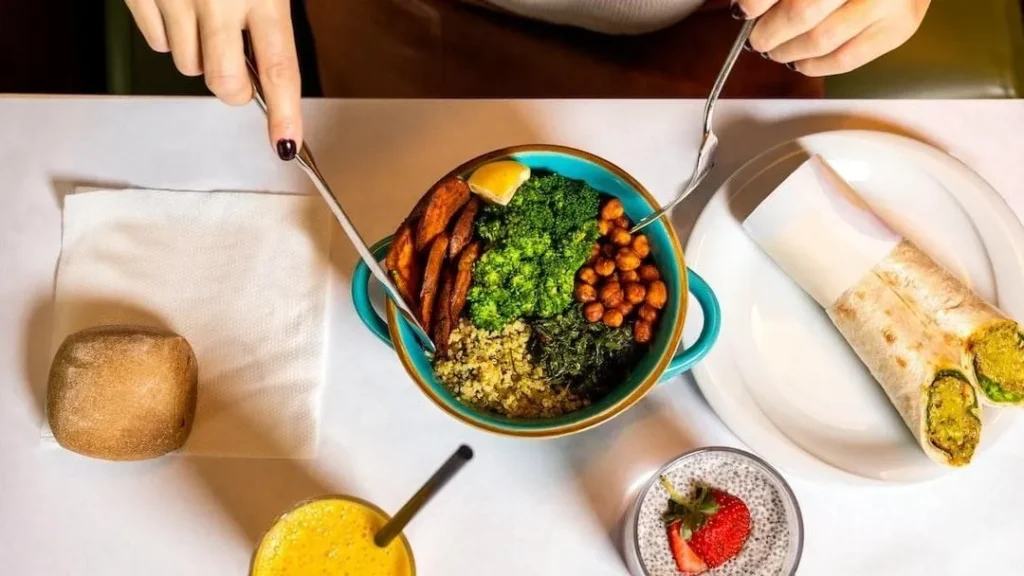
The following are the key dietary principles for maintaining kidney health:
Hydration
Drinking water is essential for flushing out toxins and keeping the kidney filter in place. Sufficient hydration can help stave off kidney stones and urinary tract infections.
- Eat, drink, repeat: 2–3 liters of water a day (depending on activity, climate, and health)
- Signs of decent hydration: pale yellow pee, occasional headaches, and constant energy.
- (NOTE: People with kidney disease may have to limit fluid intake — always consult a health care provider.) Reduce Sodium Intake
- Too much sodium may raise blood pressure and put a strain on the kidneys. It’s found frequently in processed and restaurant foods.
- Daily sodium recommendation: Less than 2,300 mg per day for healthy adults (roughly 1 teaspoon of salt).
Tips:
- Season with herbs and spices, not salt.
- Read food labels carefully.
- Opt for fresh or frozen vegetables instead of canned ones.
- Balanced Protein Consumption
- Protein is essential for building and repairing tissues, but eating too much can overload the kidneys.
- For healthy adults: 0.8 grams of protein per kilogram of body weight
Best sources:
- Lean meats (chicken, turkey)
- Fish
- Eggs
- Proteins from plant sources (beans, lentils, tofu)
Those at risk for kidney disease should see a dietitian for personalized protein advice.
Limit Phosphorus-Rich Foods

Phosphorus is important for strong bones and teeth, but excess phosphorus can damage the kidneys and cause problems with the bones and heart.
Foods High in Phosphorus to Avoid:
- Processed meats
- Colas and dark sodas
- Organ meats
- Fast foods and instant meals
Healthier options:
- Fresh fruits and vegetables
- Whole grains (in moderation)
- Rice milk (unfortified)
- Manage Potassium Intake
Potassium aids contracting muscles and helps the heart function normally. But levels that are imbalanced — either too high or too low — can be harmful to kidney health.
Foods High in Potassium (to Limit as Needed):
- Bananas
- Avocados
- Spinach
- Potatoes
- Oranges
Low-Potassium Options:
- Apples
- Berries
- Cabbage
- Carrots
Those with preexisting kidney issues may require stricter monitoring of potassium consumption.
Avoid Highly Processed and Eat Whole Foods

Whole foods are packed with important vitamins, minerals, and antioxidants to help support kidney function.
Include more:
- Fresh fruits and vegetables
- Quinoa and brown rice (or other whole grains)
- Legumes (in moderation)
- Nuts and seeds (including a handful of nuts)
Avoid:
- Fast foods
- Microwave meals
- Canned soups
- Processed things like chips and crackers
- Certain diets that support kidney health
Certain well-studied diets are especially promising for supporting kidney function:
DASH (Dietary Approaches to Stop Hypertension) Diet
Meant to lower blood pressure, the DASH diet also promotes kidney health.
Key features:
- Low in sodium
- Rich in whole grains, fruits, and vegetables
- Finds healthy fats and lean proteins
- Mediterranean Diet
In addition to its heart-health benefits, this diet also supports overall organ function and the kidneys.
Key features:
- Main source of fat: olive oil
- Though plenty of fresh produce, fish, and whole grains
- A diet low in red meat and processed foods
Foods You’ll Want to Help Your Kidneys
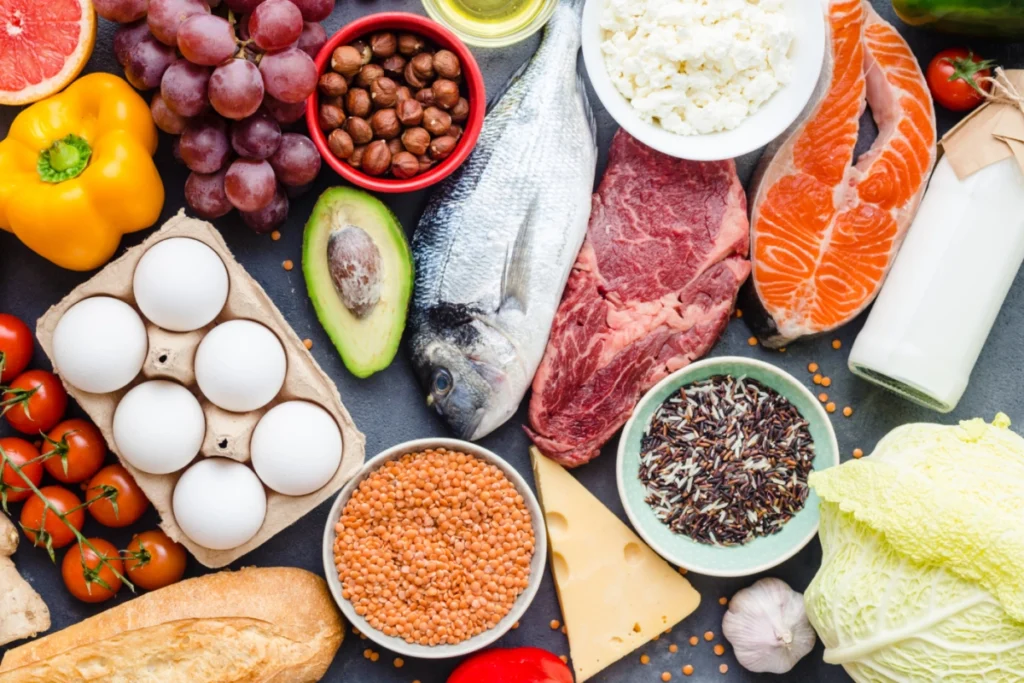
Red Bell Peppers
- Low in potassium
- Rich in vitamins A, C, and B6
- Rich in the powerful antioxidant lycopene
Cabbage
- Without the processed high potassium and high phosphorus levels
- Rich in vitamin K, C, and fiber
Cauliflower
- Has anti-inflammatory compounds
- A major source of vitamin C and folate
Garlic
- Helps reduce inflammation
- Potentially reduce cholesterol and blood pressure
Blueberries
- Packed with antioxidants
- Maintain kidney and brain health
Apples
- High in fiber
- Aids in lowering cholesterol and blood sugar levels
Onions
- Support cardiovascular health
- Add flavor without sodium
3 Nutritional Concerns for the Vulnerable Population
Diabetics
Over a period of time, uncontrolled blood sugar can be damaging for the kidneys. Nutritional tips include:
- Monitor carbohydrate intake
- Choose low-GI foods
- Avoid sugary beverages
Hypertensive Individuals
Hypertension is a top perpetrator of kidney injury. Important dietary strategies include:
- Reduce salt and processed foods
- Eat potassium-rich fruits and vegetables (if your kidney function allows)
- Maintain a healthy weight
- Anyone With a Family History of Kidney Disease
Genetics are involved in kidney health, but lifestyle can also help:
- Eat a balanced, low-sodium diet
- Have your kidney function screened on a regular basis
- Use over-the-counter painkillers such as ibuprofen sparingly
Supplements and Kidney Health
Most people receive the nutrition they need from food. But some supplements can help your kidneys:
- Omega-3 fatty acids (anti-inflammatory, may improve renal function)
- Vitamin D: Supports bone health and may be in deficit for those living with CKD.
- B-complex vitamins: Support energy metabolism and red blood cell production.
Warning: Some supplements can be toxic to the kidneys, particularly in high dosages (e.g., vitamin A; vitamin C; potassium, magnesium). Always check with a health care provider before taking supplements.
Nutrition and Kidney Health: Lifestyle Practices
- Keep a healthy weight: Obesity can cause diabetes and hypertension.
- Exercise regularly: It helps with blood pressure and general metabolic health
- Do not smoke, and limit alcohol: Both can damage the kidneys over time.
- Monitor medications: Don’t overuse NSAIDs, and be prudent around herbal supplements.
- Regular checkups — Early detection of potential kidney ailments can help prevent their progression.
Conclusion
The kidneys are quiet workhorses that deserve total acknowledgment. With mindful eating, balanced nutrition, and healthy lifestyle choices, we can safeguard and even improve our kidney function.
Whether you want to prevent disease or control a disease that already exists, nutrition is one of the most powerful tools you have to protect your kidneys for years to come.
Adding kidney-friendly foods, cutting back on sodium, managing protein, and staying hydrated are fundamental steps. With the right knowledge and habits, you can help your kidneys get the care they need — one meal at a time.

